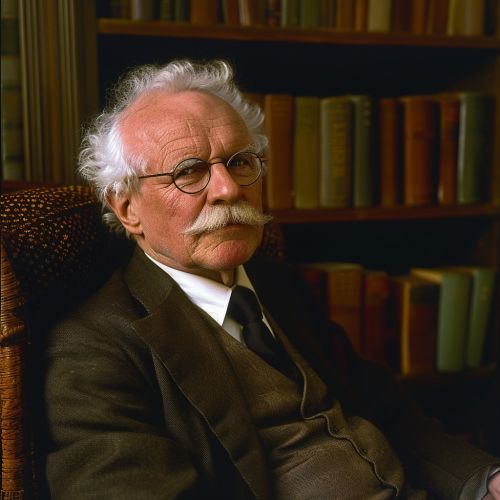Psychological Types
Introduction
Psychological types are theories that have been proposed to explain variations in personality. These theories are often found in the fields of psychology and psychiatry, and they aim to categorize people into specific types based on their psychological characteristics. The concept of psychological types was first introduced by the Swiss psychiatrist Carl Gustav Jung in his 1921 book "Psychological Types".
History
The history of psychological types can be traced back to the ancient Greeks. Hippocrates, the father of modern medicine, proposed that there were four fundamental personality types: sanguine (optimistic and social), choleric (short-tempered or irritable), melancholic (analytical and quiet), and phlegmatic (relaxed and peaceful). This theory was later developed by Galen, a Greek physician, who linked these types to the balance of bodily fluids or humors.
In the 20th century, Carl Jung developed a more complex theory of psychological types, which he believed were influenced by both innate and environmental factors. Jung's theory was later adapted and expanded upon by Isabel Briggs Myers and her mother, Katharine Cook Briggs, who developed the Myers-Briggs Type Indicator (MBTI).


Jung's Theory
Jung's theory of psychological types is based on two dichotomous pairs of cognitive functions: the "rational" (judging) functions of thinking and feeling, and the "irrational" (perceiving) functions of sensing and intuition. According to Jung, each individual has a primary mode of operation within these four functions.
Jung also proposed the idea of attitude types: extraversion and introversion. He suggested that each individual has a preference for one of these attitudes, which influences the direction of their energy and the way they interact with the world.
Myers-Briggs Type Indicator
The Myers-Briggs Type Indicator (MBTI) is a widely-used psychological instrument that was developed to measure psychological preferences in how people perceive the world and make decisions. It expands on Jung's theory by adding a fourth dichotomy of judging and perceiving. The MBTI identifies 16 personality types based on combinations of four dichotomies: extraversion/introversion, sensing/intuition, thinking/feeling, and judging/perceiving.
Criticism and Controversy
While psychological types and personality tests like the MBTI are widely used in various settings, they have also been subject to criticism. Some critics argue that the categories are too rigid and do not account for the complexity and variability of human personality. Others question the reliability and validity of these tests, as well as their potential for misuse in employment and other settings.
Conclusion
Despite the criticism, the concept of psychological types continues to be influential in psychology, psychiatry, and related fields. It is used in a variety of settings, from career counseling to relationship advice, and it continues to be a topic of research and debate.
